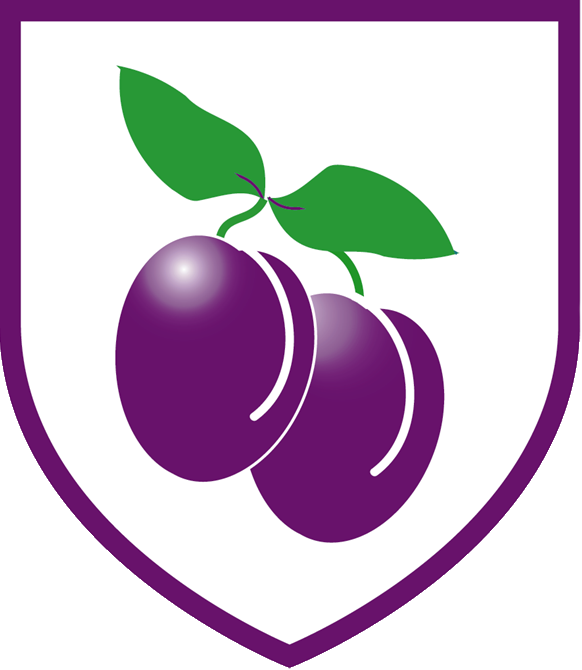Plumcroft
Primary School
Home
Literacy and Reading
Reading
At Plumcroft, we aim to develop lifelong, fluent readers who read with purpose and passion, developing the skills to be successful across the school’s curriculum, wider curriculum and beyond. We foster both learning to read and reading to learn.
Through focusing on decoding, oracy, language acquisition and audience and purpose – using high-quality texts – children’s reading attainment, fluency, prosody and comprehension are developed in line with age-related expectations.
We use VIPERS to support the teaching of reading in Years 3-6. VIPERS aids the recall of the 6 reading domains as part of the reading curriculum. The acronym represents the six key areas that support children to improve their comprehension of what is read.
VIPERS:
Vocabulary
Inference
Prediction
Explanation
Retrieval
Summarise
Guided Reading
In KS2 children participate in 3 to 4 whole class guided reading sessions per week. They will have access to a wide range of text types that have been specifically chosen to support their learning in the wider curriculum. The staff have been trained so that the sequence of sessions for each text follow a similar structure, allowing the children an opportunity to widen their vocabulary, read aloud, and answer questions that demonstrate their comprehension and understanding.
Word of the Week
Each week, the children encounter a new word, learning meaning and use in real life contexts – discussing word choice. This really encourages the children to be curious.
Aims:
- Expanding children’s vocabulary
- Understanding word classes
- Etymology – word derivation; the history of words
- Morphology – the formation of words; relation to other words (stems, root words, prefixes, suffixes)
- Developing greater competency regarding the English language
Read Aloud
Every class has a longer class read, read aloud by the teacher. The book will often be linked to writing opportunities in Literacy and the wider curriculum.
Accelerated Reader
Please see the document at the bottom of this page regarding Accelerated Reader.
Throughout the week in KS2, children are encouraged to borrow a book/s from our extensive collection. Children are encouraged to read for a minimum 25 minutes a day and are given opportunities to meet some of this target during the school day. We really encourage our children to develop routines to allow them to sit and enjoy a book at home.
Phonics
At Plumcroft, phonics is taught daily to all children in Nursery, Reception and Key Stage One. We use Read, Write Inc
By the end of Reception, the children are expected to know all of Phase Three; by the end of Year One all children are expected to know all of Phase Five; by the end of Key Stage One, children are expected to be secure in terms of Phase Six. This phase moves away from learning sounds and focuses on spelling rules and patterns.
Spelling
Alongside phonics, we teach the children how to spell. We believe that learning to spell is a crucial tool for your child to use as an essential part of navigating day-to-day life. We teach spelling by focusing on spelling patterns, prefixes and suffixes, knowledge of word origin and root words. Children from Year 1 upwards will be given weekly spellings for homework and they will be tested at the end of each week following. Spellings will be provided each week and can also be accessed through your child’s Purple Mash login.
Writing
At Plumcroft, we believe that a key component to developing great writers is to expose the children to a range of high-quality texts. We carefully select these for each year group, which align with the school’s wider curriculum. We then explore a text in its entirety, or use key parts as a stimulus, to fully explore both writer’s intent and genre specifics.
During the time that the children are exploring a text and the features revealed within, they are tasked with creating their own writing – using the high-quality model and supplementary materials for inspiration. The writing outcome is developed over a period of time and, in some cases, the text may provide the information and vital knowledge for the work though not the model of the genre.
The beginning of the writing process begins with numerous ways to access the text so that all children are fully equipped. Questioning will be used, such as ‘What impact does this have on the reader?’ or ‘Why has this particular word been used at this point?’ These questions serve to develop the children’s vocabulary and comprehension, and also more deeply explore the relationship between the writer and the reader. We believe that it is really important for children to understand the purpose of each model used. It is a key focus, which enables them as the writer to engage with, explore and enjoy the writing process.
The children are constantly editing their writing, drafting and redrafting, responding to written and verbal feedback, and peer evaluation. Work is edited using green pen so that the improvements that have been made are unambiguous, with the children fully appreciating the ‘why’.
The progression of the writing process is clearly evident within the children’s books, illustrating that from a quality text, quality writing is produced.
Grammar and Punctuation
At Plumcroft, grammar and punctuation is taught during English sessions. Grammar, language and punctuation skills are taught through analysis of the writer’s use of effective vocabulary choices, language structures and writing style. The children are given opportunities to practise and develop their own writing style using the skills they have learnt. They will also learn different grammar and punctuation styles in isolation to prepare them for end of key stage tests.
